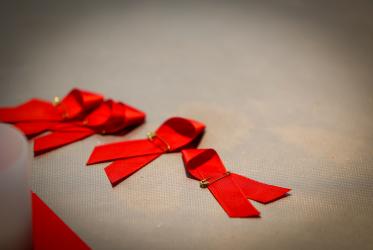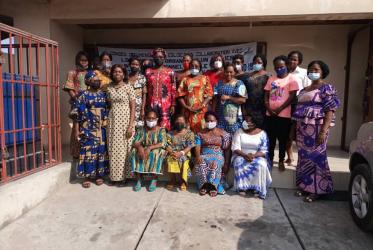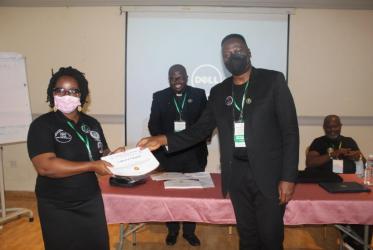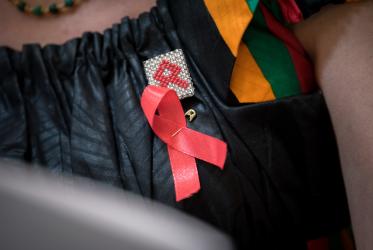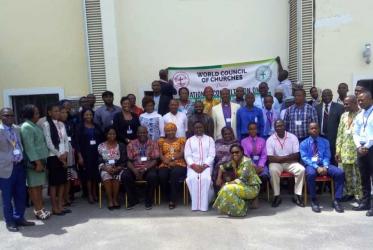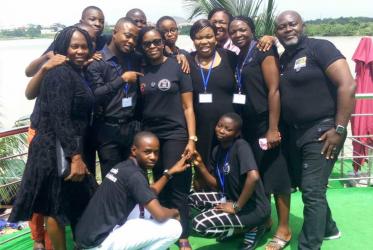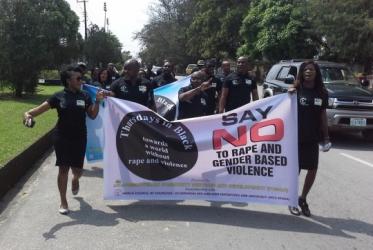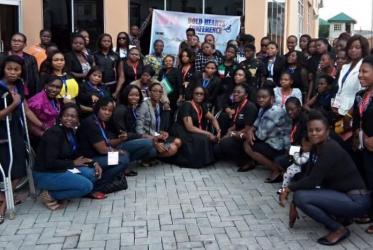Displaying 1 - 16 of 16
Young people in Nigeria focus on positive masculinity, femininity
14 December 2018
In Nigeria, Thursdays in Black is flourishing
26 March 2018
Youth engagement fundamental to HIV response
18 April 2017
New videos help congregations hasten HIV response
20 October 2016
Person with disability shares reflection on AIDS conference
10 December 2015

